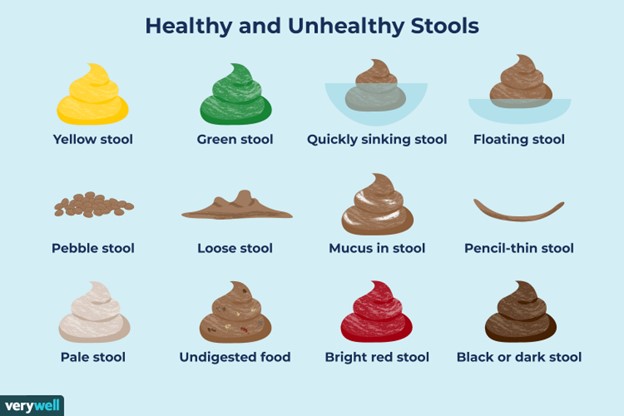A client with multiple sclerosis is seen by the home health nurse and complains of severe fatigue. Which of the following is the most appropriate nursing intervention?
Encourage deep-breathing exercises
Provide a relaxing warm bath
Schedule periods of rest in between activities
Administer multivitamins
The Correct Answer is C
Choice A Reason: Encouraging deep-breathing exercises is not the most appropriate nursing intervention, as it may not reduce fatigue and may increase respiratory effort.
Choice B Reason: Providing a relaxing warm bath is not the most appropriate nursing intervention, as it may worsen fatigue and increase the risk of heat intolerance and dehydration.
Choice C Reason: Scheduling periods of rest in between activities is the most appropriate nursing intervention, as it helps to conserve energy, prevent exhaustion, and promote recovery.
Choice D Reason: Administering multivitamins is not the most appropriate nursing intervention, as it may not improve fatigue and may cause adverse effects or interactions with other medications.

Nursing Test Bank
Naxlex Comprehensive Predictor Exams
Related Questions
Correct Answer is ["A","B","D"]
Explanation
Choice A Reason: Weight gain is a common finding in hypothyroidism, as the decreased thyroid hormone level causes the metabolism to slow down and the body to store more fat.
Choice B Reason: Constipation is a common finding in hypothyroidism, as the decreased thyroid hormone level causes the gastrointestinal motility to decrease and the stools to become hard and dry.
Choice C Reason: Rapid pulse is not a common finding in hypothyroidism, but it may indicate other conditions such as hyperthyroidism or anxiety.
Choice D Reason: Decreased energy is a common finding in hypothyroidism, as the decreased thyroid hormone level causes the body to feel tired and sluggish.
Choice E Reason: Hypertension is not a common finding in hypothyroidism, but it may indicate other conditions such as renal disease or cardiovascular disease.
Correct Answer is ["A","C","E"]
Explanation
Choice A Reason: History of alcohol abuse is an additional information that the nurse should obtain from this client, as it may indicate liver damage or cirrhosis, which can cause clay-colored stool due to reduced bile production or flow.
Choice B Reason: Intolerance to fatty foods is not an additional information that the nurse should obtain from this client, as it does not relate to clay-colored stool, but it may indicate gallbladder disease or malabsorption.
Choice C Reason: Pain in the RUQ radiating to the shoulder is an additional information that the nurse should obtain from this client, as it may indicate gallstone obstruction or inflammation, which can cause clay-colored stool due to blocked bile ducts.
Choice D Reason: Pain in the McBurney's point is not an additional information that the nurse should obtain from this client, as it does not relate to clay-colored stool, but it may indicate appendicitis or diverticulitis.
Choice E Reason: Bleeding ulcer is an additional information that the nurse should obtain from this client, as it may indicate upper gastrointestinal bleeding, which can cause clay-colored stool due to digested blood.

Whether you are a student looking to ace your exams or a practicing nurse seeking to enhance your expertise , our nursing education contents will empower you with the confidence and competence to make a difference in the lives of patients and become a respected leader in the healthcare field.
Visit Naxlex, invest in your future and unlock endless possibilities with our unparalleled nursing education contents today
Report Wrong Answer on the Current Question
Do you disagree with the answer? If yes, what is your expected answer? Explain.
Kindly be descriptive with the issue you are facing.
